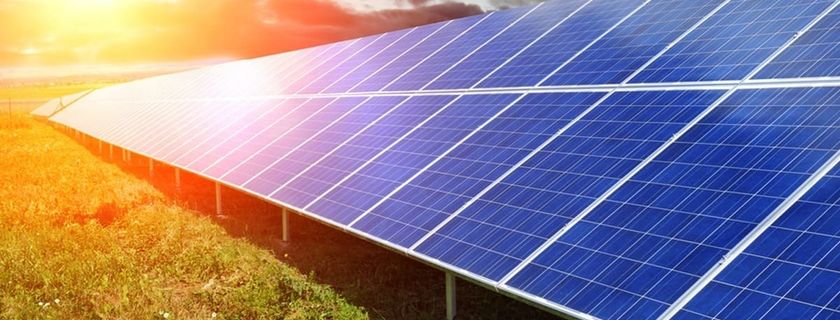
CIRCUSOL: Solar power business models towards a circular economy in Europe (PRESS RELEASE)
CIRCUSOL: Solar power business models towards a circular economy in…

Few words about CIRCUSOL to begin with
CIRCUSOL stands for ‘Circular Business Models for the Solar Power Industry’. It is an Innovation Action project funded by the Horizon 2020 program of the European Commission. It brings together 15 partners from seven European countries to develop and demonstrate business solutions for the circular economy in the solar power sector. CIRCUSOL started in June 2018 and will run for four years. In CIRCUSOL, we want to explore possibilities to achieve higher resource efficiency in the solar power industry, and as such support a truly sustainable transition towards a low-carbon renewable energy future. We know that the solar power market is rapidly growing. We also know that, as a result, the volume of discarded products entering the waste stream will grow. CIRCUSOL wants to formalize the repair/refurbish and re-use value chains in the PV industry and propose circular business models, based on a product-service system (PSS).
Time to consider PV waste
The international renewable energy association estimates that, by 2030, up to eight million tons of PV will be discarded as ‘waste’, and two million old batteries will be removed from electric vehicles. Those are huge volumes. For the end-user, the problem might be less visible than, say plastic pollution which gets a lot of headlines, and in Europe, there is also a legal framework for extended producer responsibility aiming at e-waste collection and recycling. However, the question is whether recycling is really the only option? Maybe we could obtain a ‘triple-win’ for the end-user, the sector and the environment if we would make a shift towards product-service models. We think that in the EU, 13GW of solar power could be provided by second-life PV, and 25GWh storage capacity for renewable energy could be provided by second-life batteries.
The sector’s biggest challenges
The challenge is not in the way we treat e-waste, the biggest challenge – in the long term – is in the way we produce and put electronic products onto the market, without thinking of the end-of-life of these products. The traditional take-make-waste paradigm in our economy today is simply not sustainable. Moreover, evolving towards a circular economy is not just a question of waste collection and recycling rates. What we need is different business models, moving from ownership to stewardship, for example. Great gains in resource efficiency could be made, if businesses would shift from a system where they are merely manufacturing and selling products, to a system where they sell products as services. Circular PSS models would incentivize producers to really ‘design for circularity’, it would foster transparency and collaboration within value chains and support re-use, refurbish and remanufacturing-paths.
About waste legislation
Waste legislation only deals with the symptoms of waste disease. A more holistic policy framework is needed if we also want to remediate the causes of the issue. We will find ways to reduce the material loss due to inefficient treatment of e-waste. We don’t have a choice – it is just a necessity.
The full interview by Lloyd Fuller can be found here.

CIRCUSOL: Solar power business models towards a circular economy in…